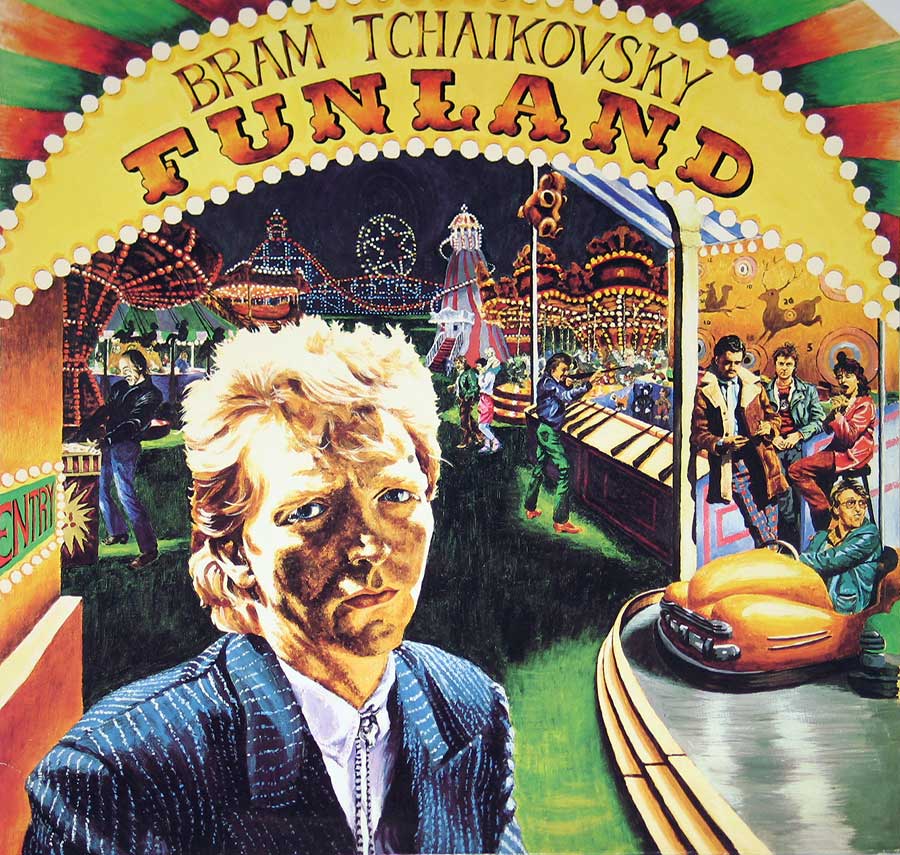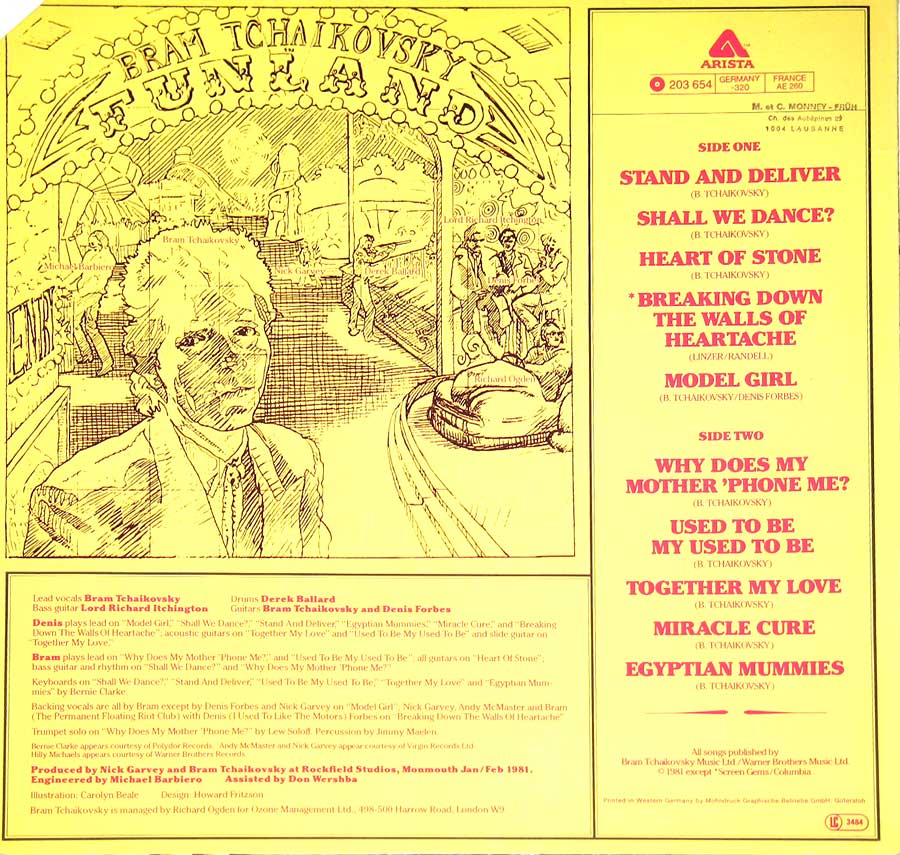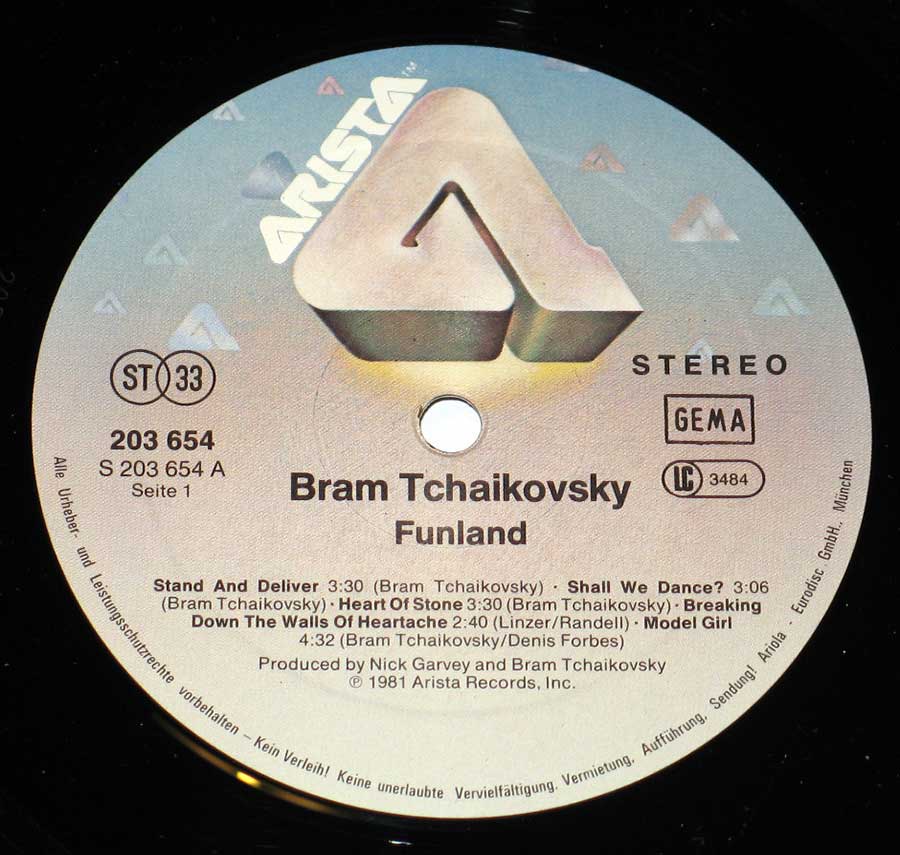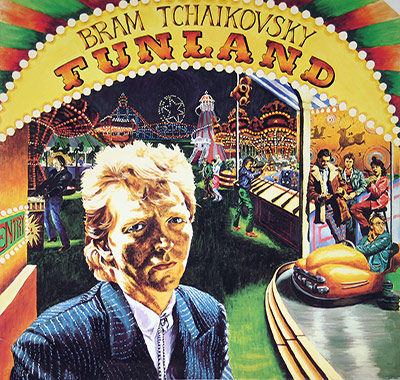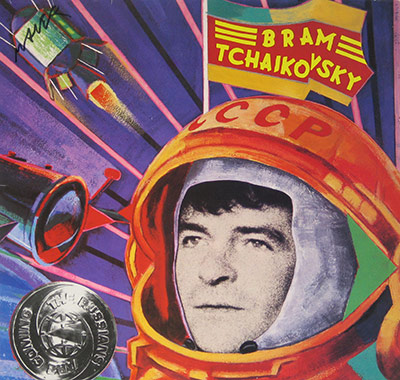Bram Tchaikovsky's 1981 album, "Funland," is a captivating and enigmatic piece of power pop history. Released at a time when new wave and punk were dominating the airwaves, "Funland" showcased a different side of the British music scene. It was an album that explored themes of disillusionment, societal anxieties, and personal struggles, all wrapped in an infectious, melodic package.
Historical Context
The early 1980s was a time of great change and upheaval in the UK. Economic recession, social unrest, and political turmoil created an atmosphere of uncertainty and disillusionment. The music scene reflected these anxieties, with many bands embracing a raw, rebellious sound. Bram Tchaikovsky, however, offered an alternative path, infusing their power pop with a touch of introspection and melancholy.
Musical Exploration
"Funland" is a sonic rollercoaster, filled with catchy hooks, driving rhythms, and soaring vocals. The album opens with the energetic "Sarah Smiles," a song about unrequited love and longing. Other standout tracks include the anthemic "Girl of My Dreams," the bittersweet "Turn on the Lights," and the haunting "Lonely Dancer."
The band's musical influences are diverse, ranging from classic rock and roll to glam rock and power pop. This eclecticism is evident throughout "Funland," which seamlessly blends elements of different genres into a cohesive whole.
Controversies
Despite its musical merits, "Funland" was not without its controversies. The album's dark lyrics and melancholic tone were a departure from the band's earlier, more upbeat sound. This alienated some fans, who felt that Bram Tchaikovsky had lost their edge. Additionally, the album's cover art, which featured a clown holding a gun, was deemed too controversial by some retailers and radio stations.
Recording Studio and Frontman
"Funland" was recorded at Rockfield Studios in Wales, a legendary recording facility that has hosted countless iconic artists. The album was produced by Martin Rushent, who was known for his work with The Human League and other new wave acts.
Bram Tchaikovsky's frontman, Jack Green, was the creative force behind the band. He wrote the majority of the songs on "Funland" and his distinctive vocals are a defining feature of the album. Green's lyrics are often introspective and poetic, exploring themes of love, loss, and the human condition.
